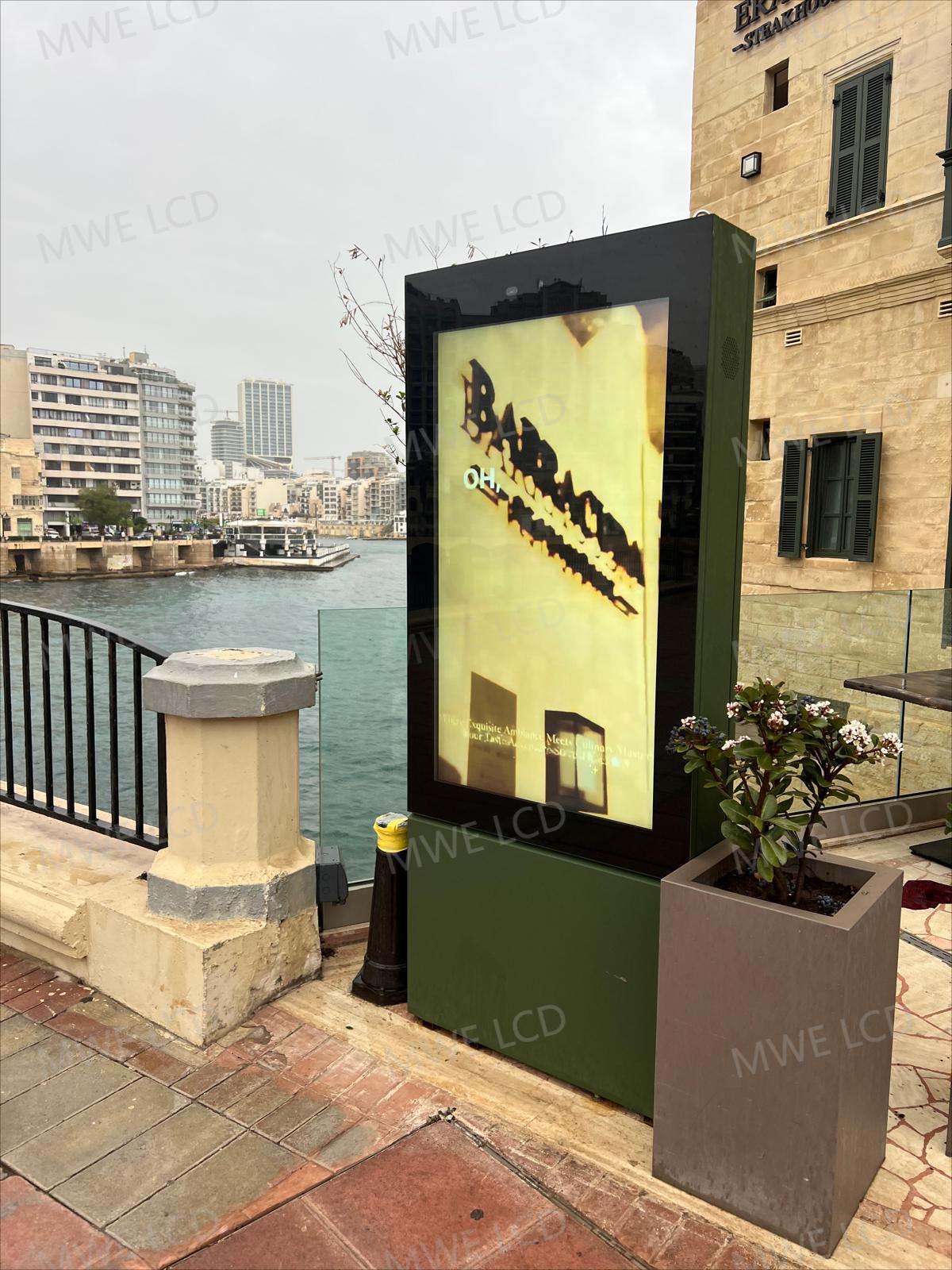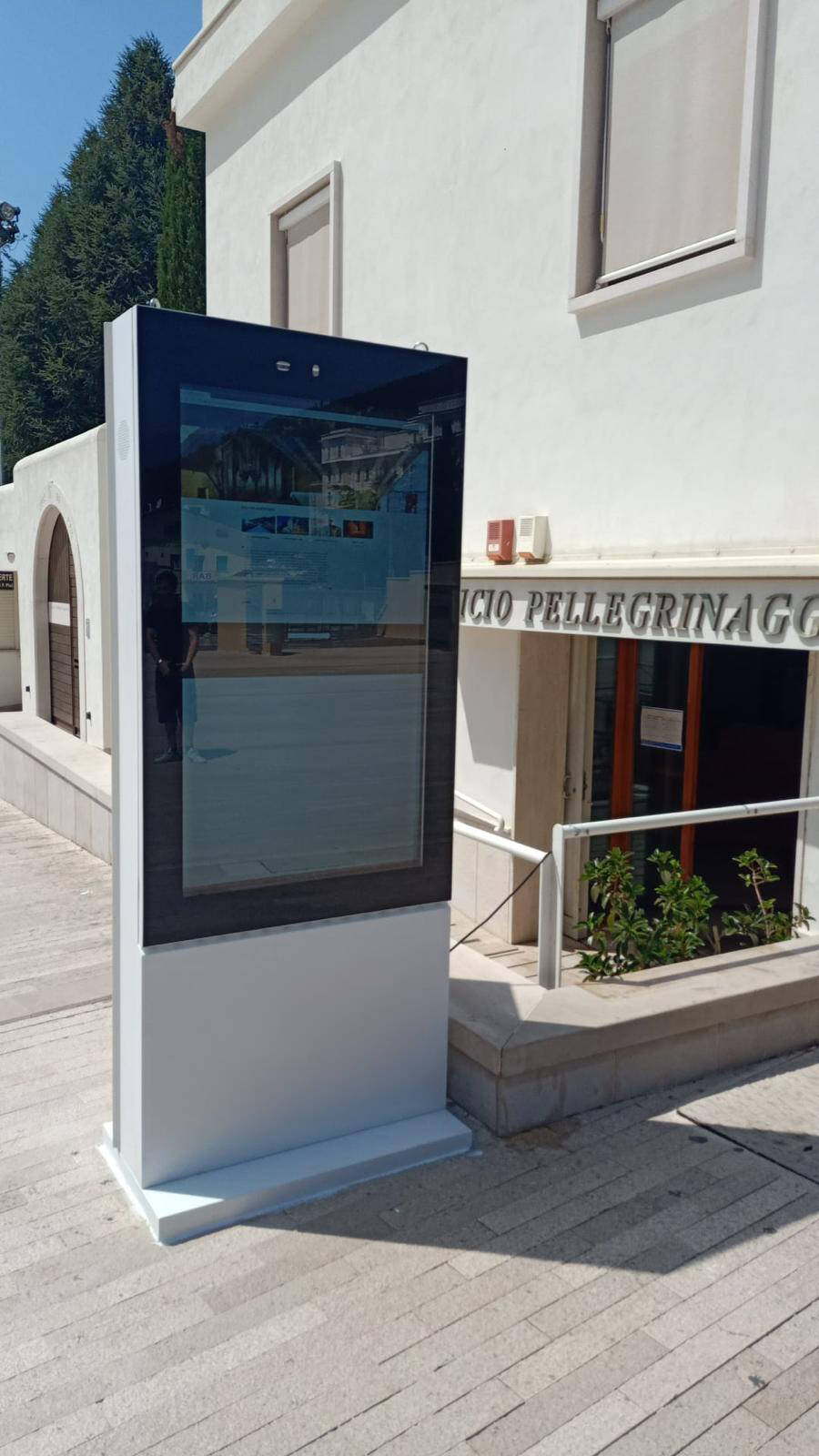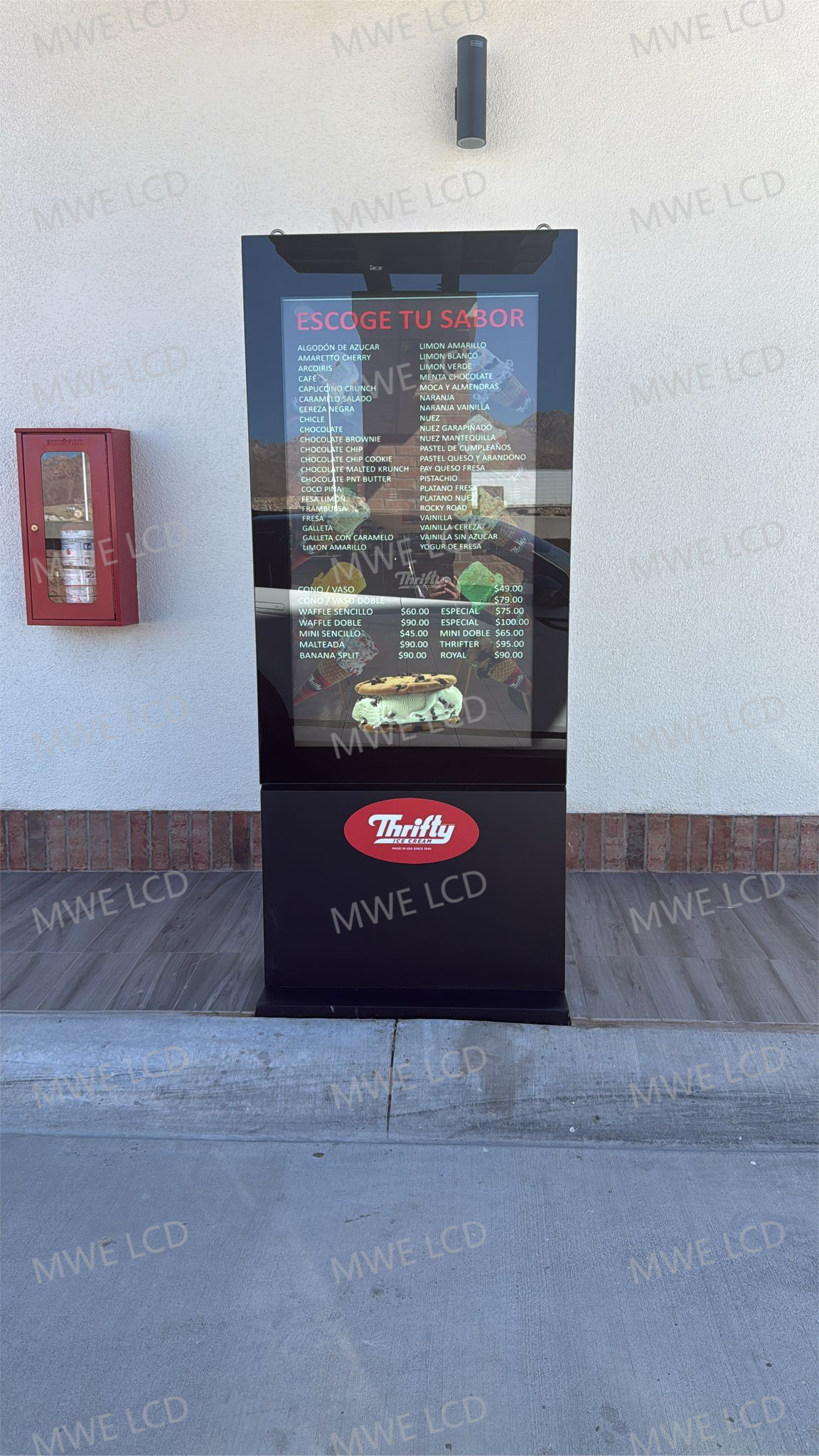In the bustling landscape of retail, captivating customers’ attention and driving engagement are paramount for success. Digital signage has emerged as a powerful tool for retailers to create immersive experiences, boost brand visibility, and increase sales. Let’s delve into some common use cases where digital signage is transforming the retail industry:
1. Product Promotion and Advertising
One of the primary uses of digital signage in retail is to promote products and advertise special offers. With vibrant displays strategically positioned throughout stores, retailers can showcase new arrivals, highlight promotions, and entice customers with engaging content like videos and animations, fostering impulse purchases.
2. Interactive Product Catalogs
Interactive digital signage serves as a modern-day product catalog, allowing customers to browse through offerings, access detailed product information, check availability, and even make purchases directly from the display. This immersive experience enhances customer exploration and decision-making.
3. Wayfinding and Store Navigation
Navigating large retail spaces can be daunting for customers. Digital signage comes to the rescue with interactive maps, directional signage, and real-time updates on product locations, promotions, and events. This feature streamlines the shopping experience and reduces customer frustration.
4. Digital Menu Boards
In the food and beverage sector, digital menu boards are revolutionizing the way customers interact with menus. These boards display items, pricing, nutritional details, and promotions dynamically, enabling quick updates based on time of day, seasonal offerings, or special deals.
5. Queue Management and Order Status
Efficient queue management is essential in retail. Digital signage aids in displaying queue information, estimated wait times, and order statuses, ensuring customers are informed and engaged. Interactive kiosks further empower customers to place orders or check in for appointments seamlessly.
6. Customer Engagement and Loyalty Programs
Engaging customers is key to building loyalty. Digital signage facilitates interactive games, surveys, social media feeds, and promotions tailored to individual preferences and purchase histories. This personalized approach strengthens customer loyalty and retention.
7. In-Store Entertainment
Retail spaces are not just for shopping but also for experiences. Digital signage provides entertainment through live streams, product demonstrations, how-to videos, and branded content, enriching the shopping environment and keeping customers engaged.
8. Branding and Atmosphere Enhancement
Digital signage plays a pivotal role in reinforcing brand identity and creating a visually appealing atmosphere within stores. Tailored content, branded graphics, and storytelling elements help retailers connect emotionally with customers and stand out in a crowded market.
9. Real-Time Promotions and Dynamic Pricing
Dynamic pricing and real-time promotions can be effectively communicated through digital signage. Retailers can update displays instantly based on inventory levels, demand trends, or seasonal fluctuations, driving sales and responding swiftly to market dynamics.
10. Customer Feedback and Surveys
Interactive displays are valuable tools for collecting customer feedback, conducting surveys, and gathering insights into preferences and behaviors. This data equips retailers with actionable information to refine product offerings, marketing strategies, and store experiences.
In the dynamic world of retail, digital signage is a game-changer, offering a myriad of opportunities to engage customers, elevate brand experiences, and drive business growth. By leveraging digital signage in these common use cases, retailers can create immersive, personalized, and interactive environments that leave a lasting impression on customers and set their brand apart in a competitive landscape.
#digital window display screens




